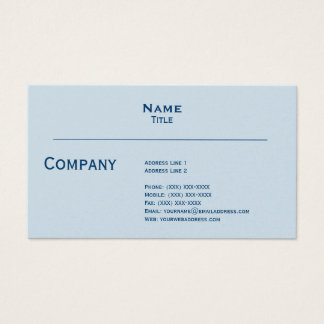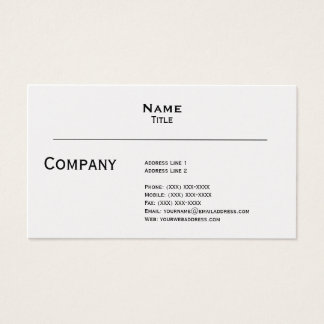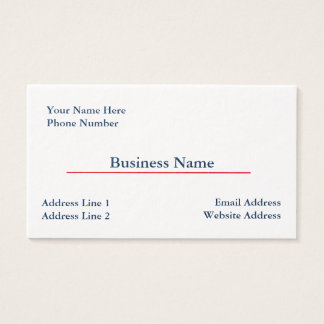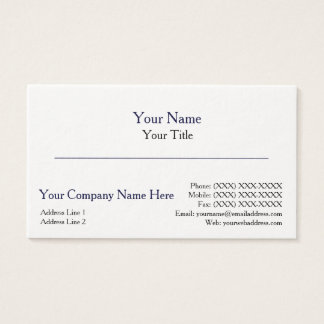Start your financial plan by figuring out how much capital you'll require to start your business and where that capital will come from. Create a spreadsheet of all of the expenses you anticipate in launching your business. Some items on your list may include:
- Equipment
- Furniture
- Software
- Office space/store location
- Remodeling work
- Starting inventory
- Public utility deposits
- Legal and other professional fees
- Licenses and permits
- Insurance
- Employee training
- Website and other digital properties
- Marketing collateral
- Grand opening event
- Advertising for grand opening
Include the cost — or estimated cost — of each expense and total them to get an idea of the initial capital you'll need to get your doors opened.
Now do the same exercise focusing on anticipated ongoing monthly expenses. Your list may include some of the following:
- Your salary
- Staff salaries
- Rent
- Utilities
- Advertising and promotion
- Shipping and handling
- Supplies
- Telephone
- High-speed Internet
- Website maintenance
- IT services
- Bookkeeping or accounting services
- Insurance
- Taxes
Total up the estimated cost of each of these items to get an idea of your monthly expenses. Multiply that number by 12 to get an estimate of what it will cost to keep your business afloat for one year.
The last piece of your financial plan is estimating what your business will bring in, immediately and as it grows. You can't see into the future so you won't know with 100-percent certainty how successful your business will be or how long it will take before it generates income. Be conservative in this step. Use the information on your projected income from your business plan as a starting point, then add in more details to fine tune your estimates.
With your completed spreadsheet, you should have a very clear idea of how much you'll need to start your business. You can begin exploring small business funding options.
You may realize you need to do some additional research to gather information about the market as you begin working on your three plans. You may need more information to develop pricing strategies or reach cost projections. Take the time to get all the information you'll need so your plans are comprehensive and accurate. If you get stuck, consider enlisting the help of an expert — a business consultant, marketing expert or accountant — to help you through. You can also reach out to your local SCORE chapter to get free business advice and mentoring.
15% Off All Business Cards
VIEW ALL
$60.05
$60.05

$44.25
$44.25
$58.55
$68.95
$65.40
$60.05






No comments:
Post a Comment